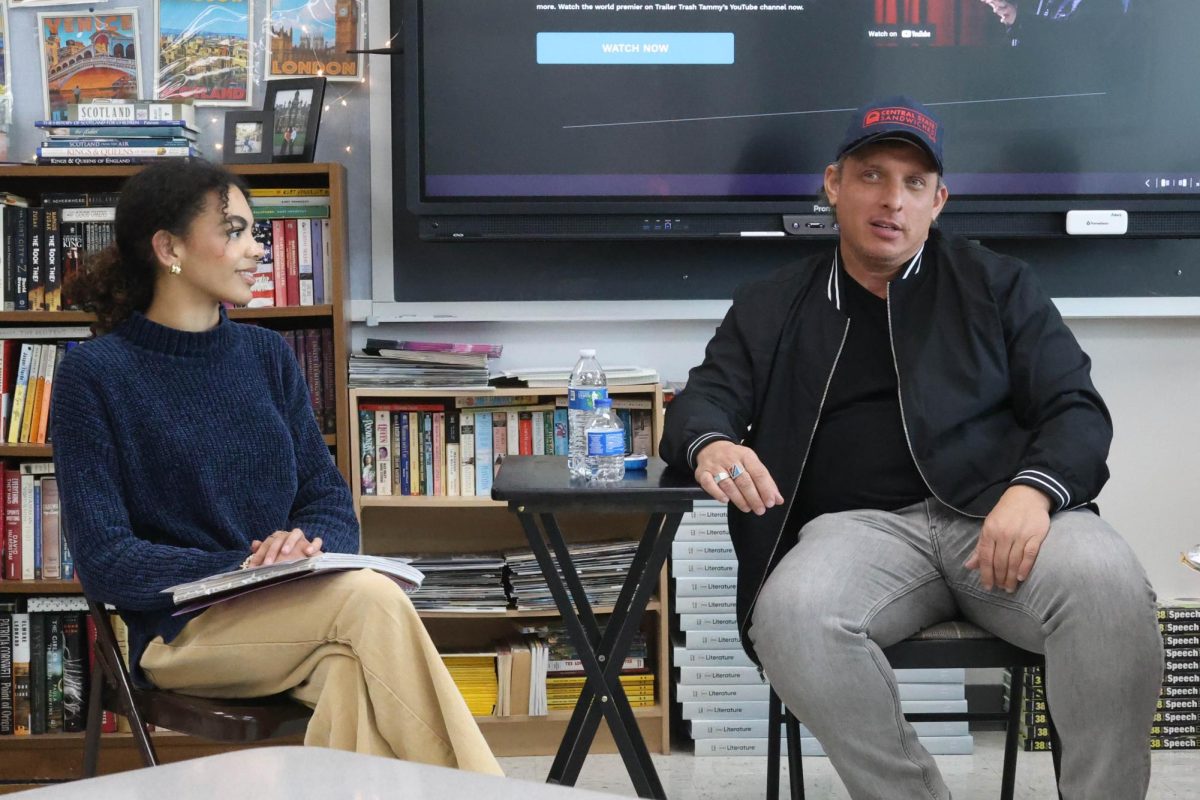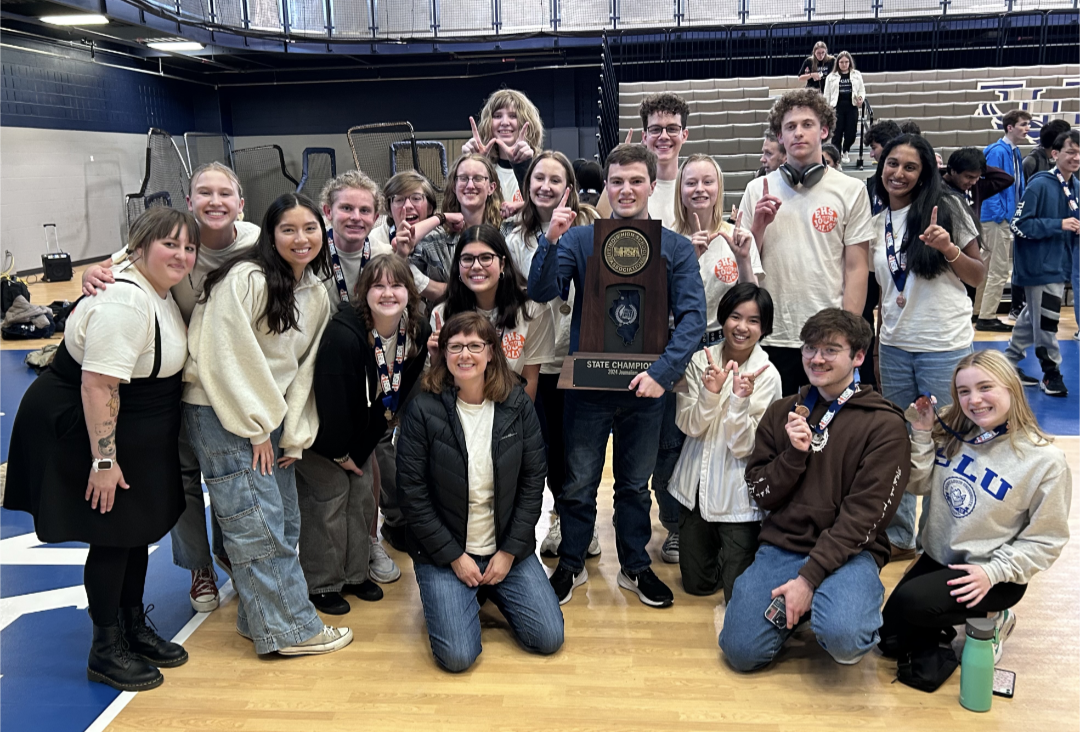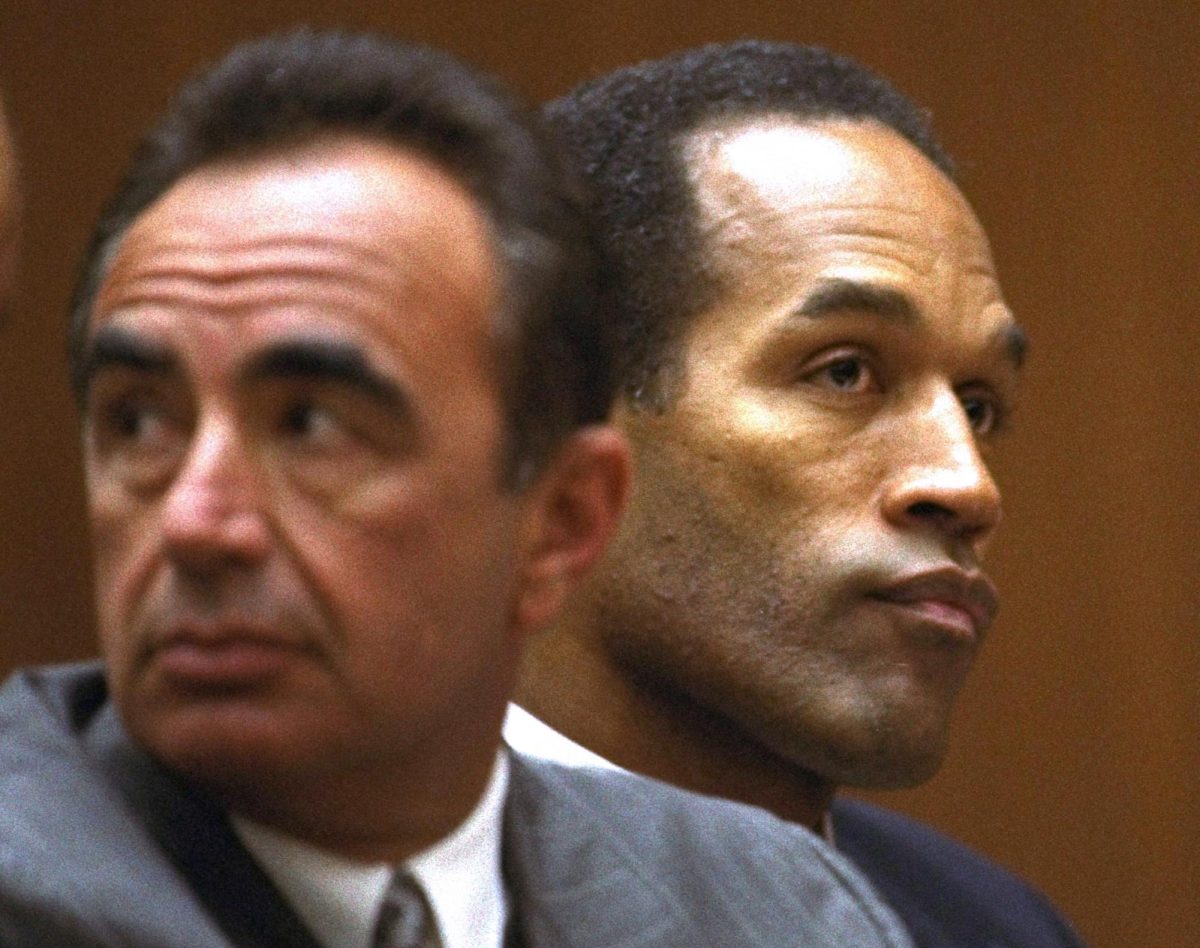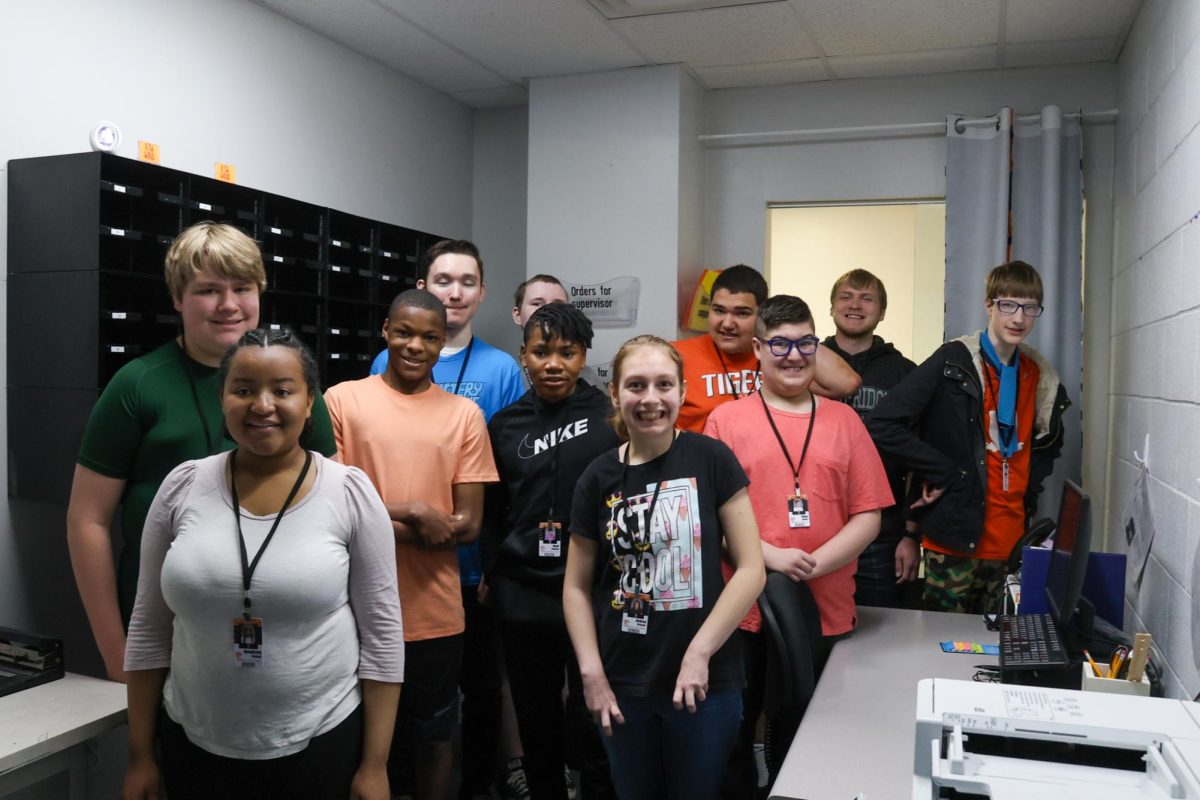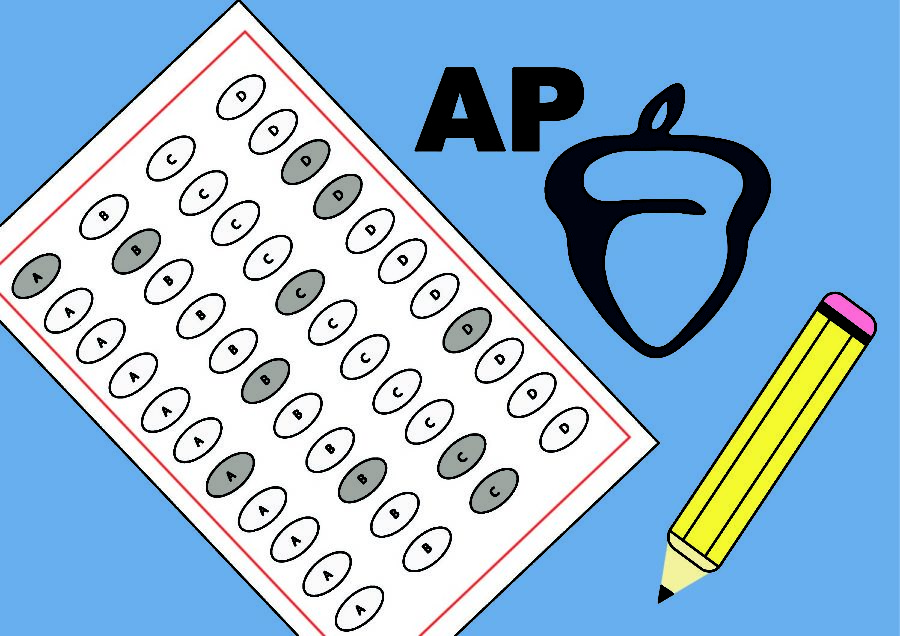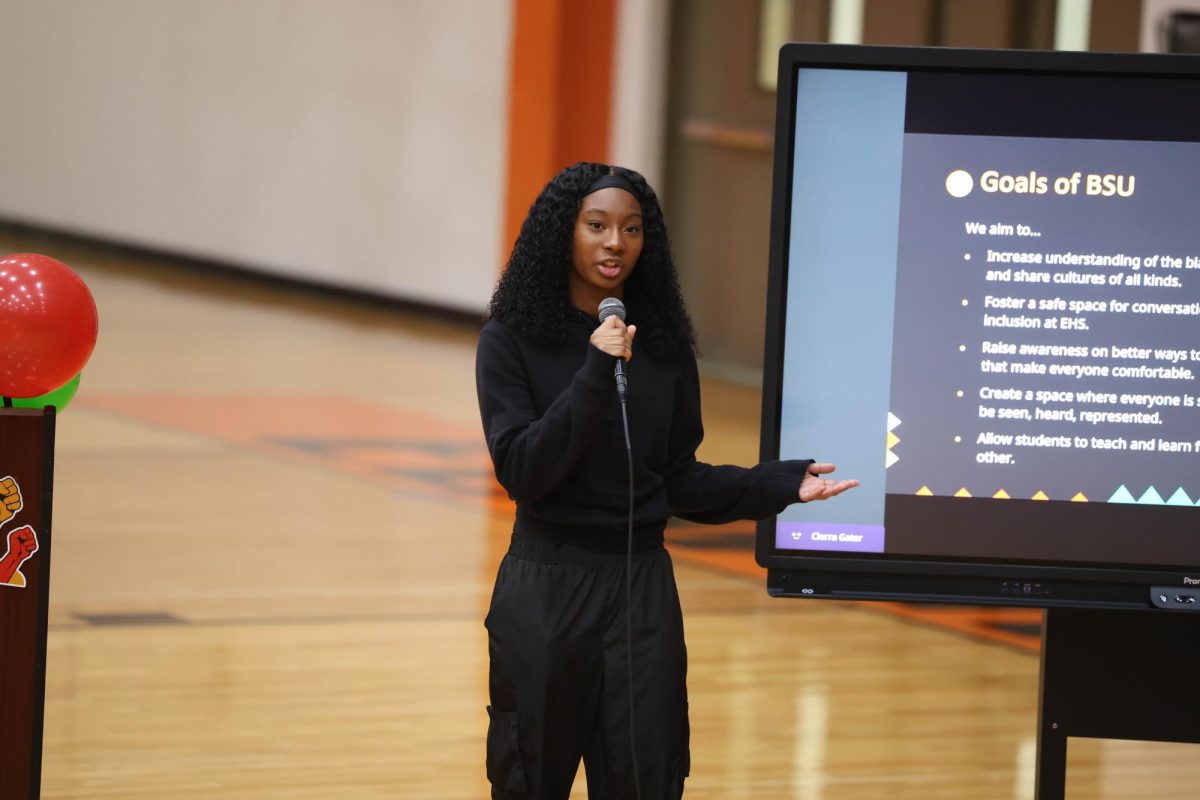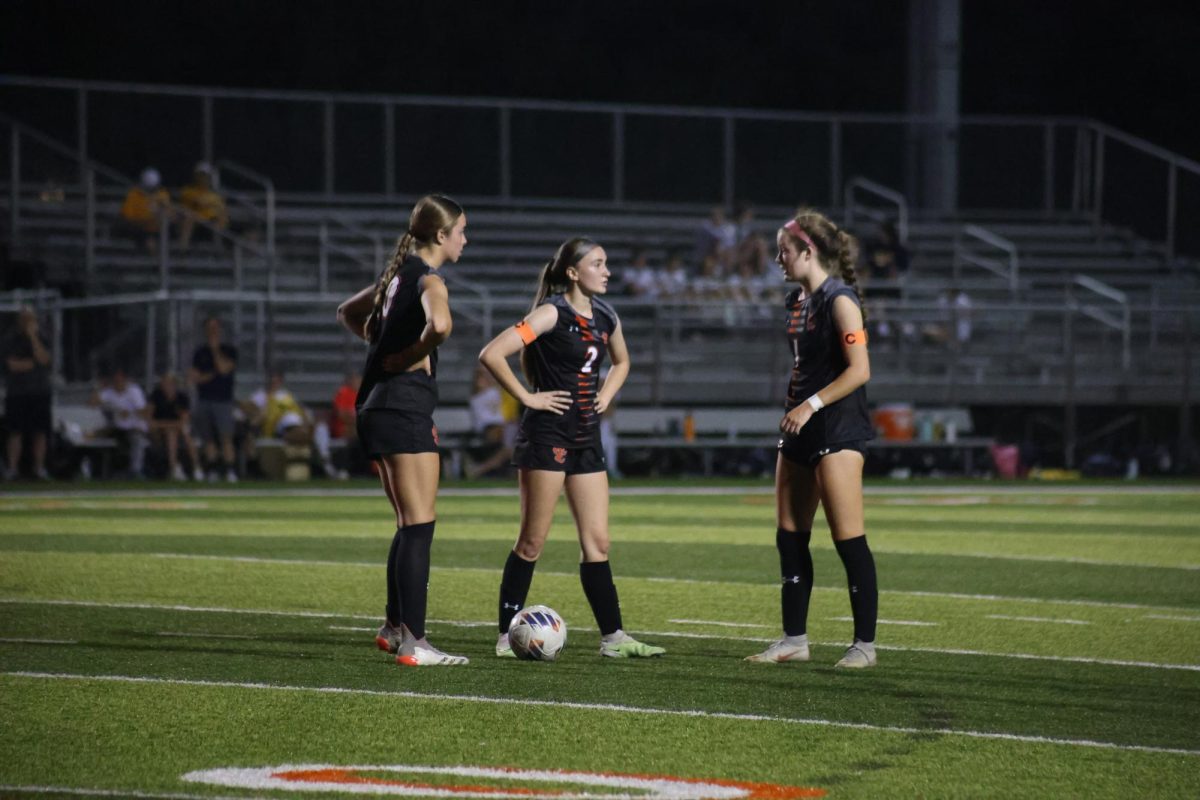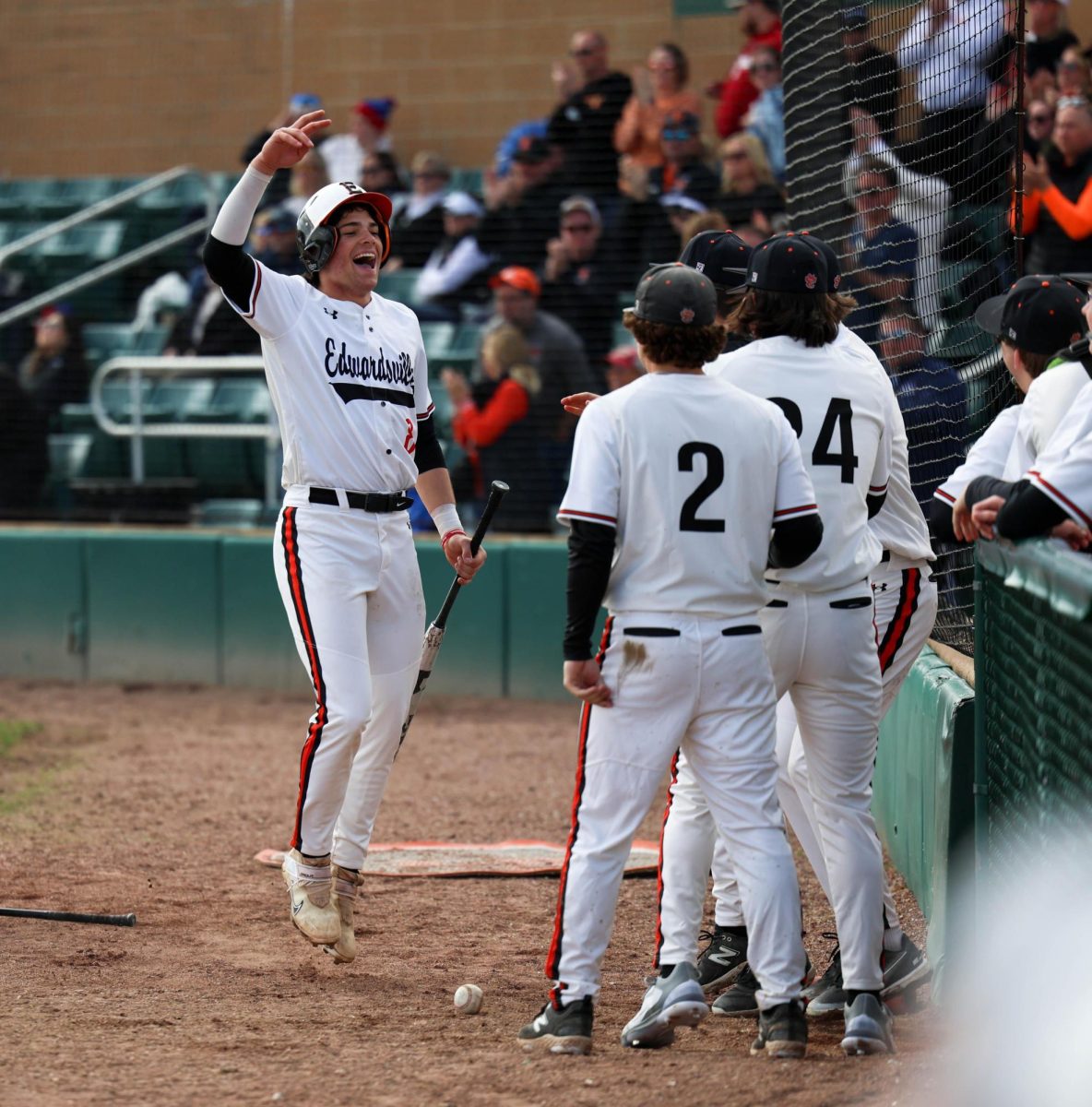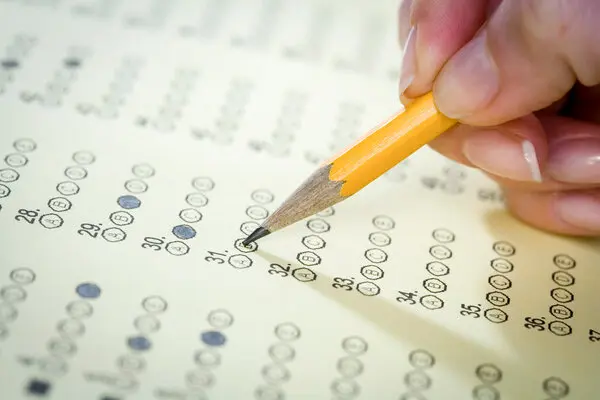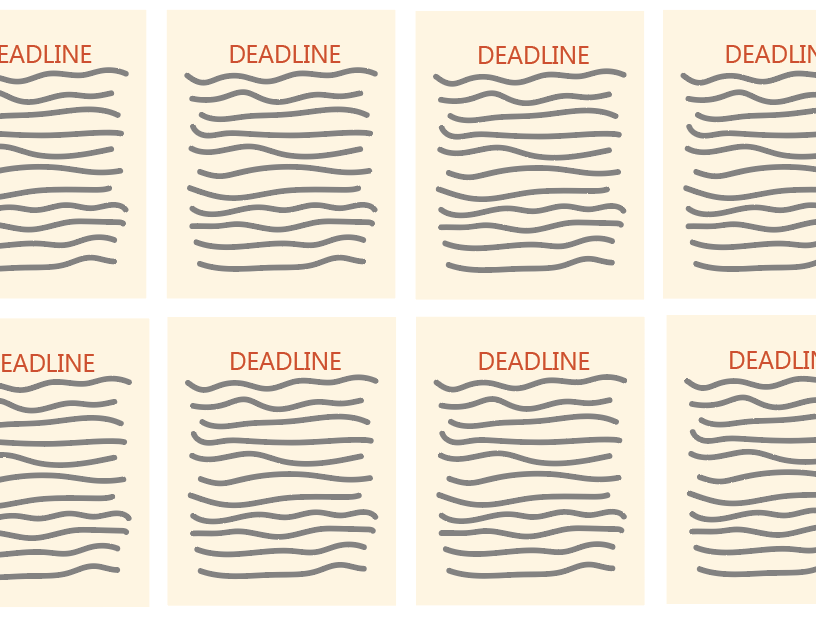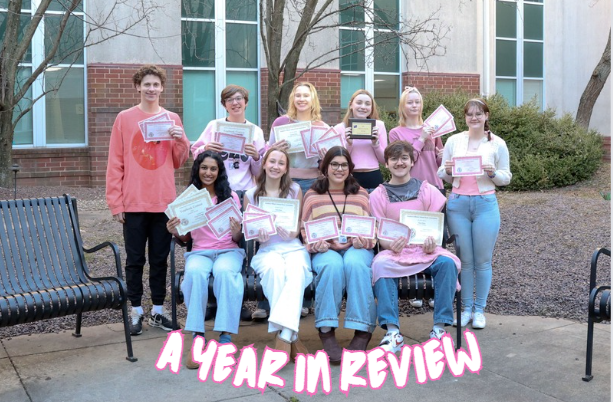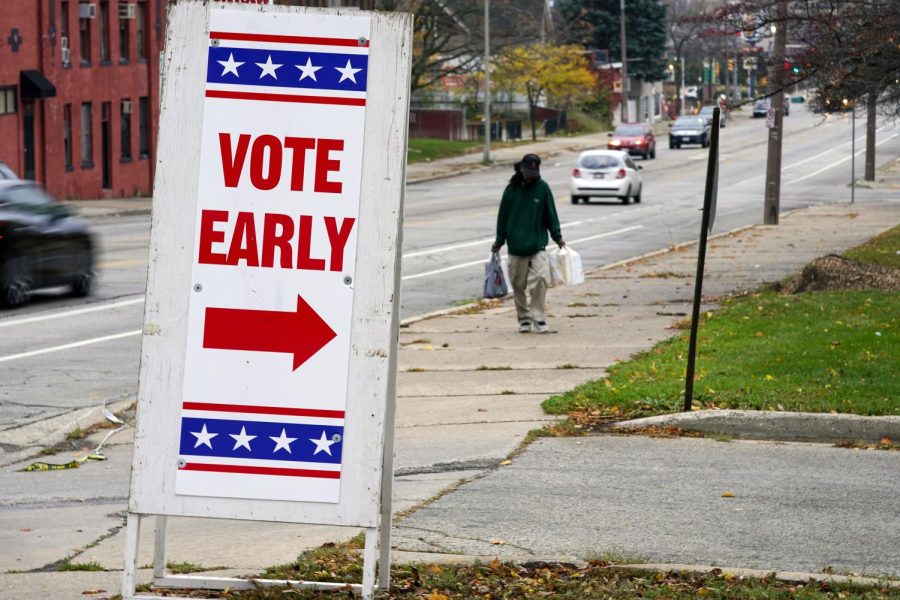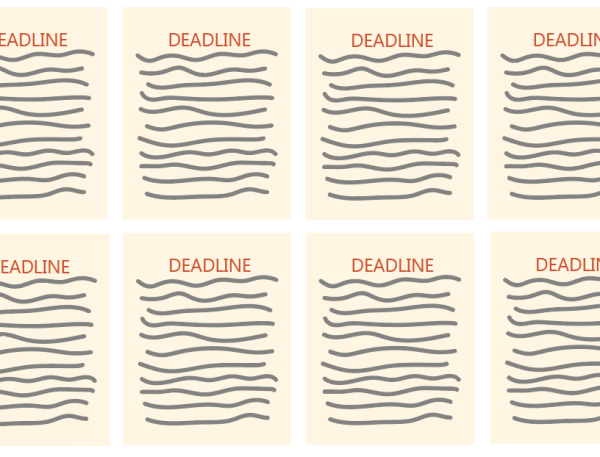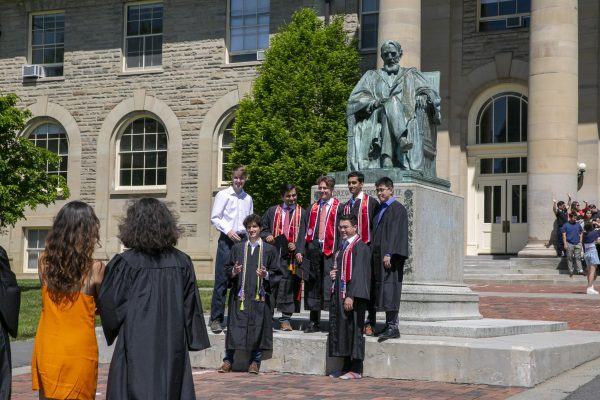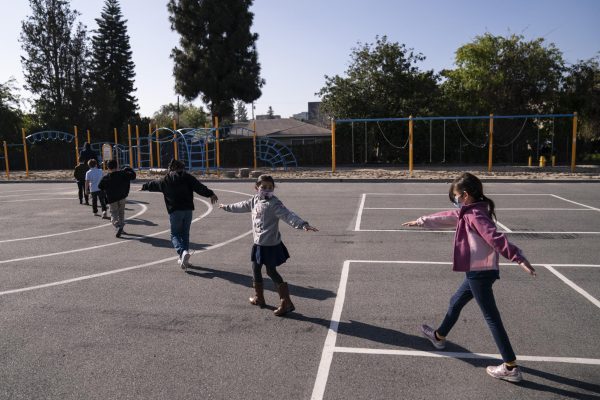There’s Still Power in Voting
October 28, 2022
Life gets busy.
School starts in August, and it feels like you’ve got the whole year left. Then the weeks go by, homework piles up, the last few months of the year file in and suddenly it’s November. Election day approaches, and you don’t even know what’s on the ballot.
Elections are complex, and can feel overwhelming for the uninformed. But the uninformed are exactly who some politicians prey on during election season.
Whether it’s inconvenenient polling locations, thoughtless partisanship or fear-mongering political ads, there are powerful people in government who are determined to see most voters take the path of least resistance.
For most people, that means not voting at all. Though America champions itself as a freedom-loving democracy, our country has a bitter — and ongoing — legacy of voter suppression. This can manifest in big ways, like illegal voter intimidation and the frustratingly-legal practice of stripping voting rights from those with certain criminal records.
But more often, finer details come between people and exercising their right to vote. Underfunded voting infrastructure can make wait times and polling places unbearably long. A chronically under-maintained USPS can discourage mail-in voters, many of whom are still hesitant to stand in crowded community centers during another wave of COVID. The fact that, until this year, election day was not a holiday in Illinois meant some students and workers couldn’t find the time to cast their vote.
In the throes of so much election stress, it’s tempting to stick to the basics. Vote for names you recognize, whether you think you agree with them or not. Vote for the same party your parents do. Go with whatever the first political ad you heard today was.
But the world is deeper than that. On the ballot this election day, voters will get to choose their governor, senate and house representatives, among other positions. It comes at a crucial time; many Illinoisans are still reeling from the effects of inflation and unemployment, and controversial issues like vaccine mandates and criminal justice reform dominate political discussions. Those elected this year will find themselves with significant power over issues that impact citizens every day, which means voters have a big responsibility.
The good news, though, is that it’s easier to stay informed than the endless cycle of fear-mongering ads would lead you to believe. Resources like ballotpedia.org can help voters find out what they’ll be able to vote for on election day. From there, it’s up to individuals to do their own research.
It doesn’t have to be too intense: a quick Google search of a candidate is usually enough to get an idea of the values they’re running with. Briefly looking into their history as a politician can help predict what they’d be like in office.
Once you’ve made your decisions, all that’s left to do is vote.
Voting information is shared by the county clerk. Looking at their website can help you find information about candidates, polling places, early voting and registration.
If America’s whole election process is starting to sound needlessly complex, that’s because it is. The number of steps involved in voting is, when compared to the relatively straightforward elections in countries like Germany, uniquely and frustratingly American.
The hassle scares off many people, meaning their voices don’t get heard. That’s why it’s so important that people make the time to think about the election. It’s taking the bare minimum time to look into issues in your community, and finding out how to do your part.
Yes, going to a polling place can be annoying, and yes, elections can be confusing. But they can make a huge difference, especially close to home.
And besides, it’s only one day every few years.


